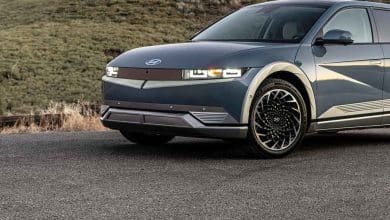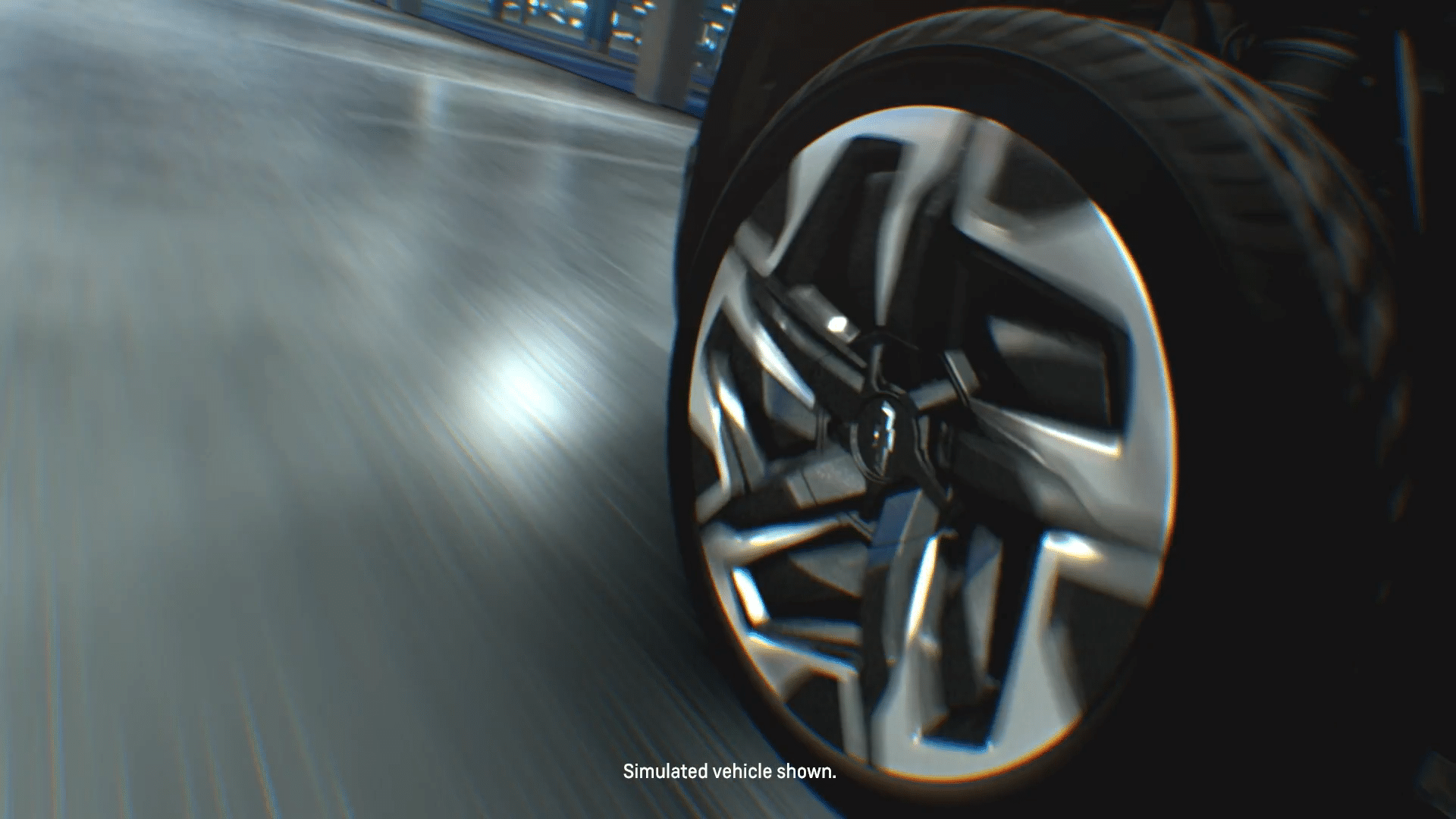You’ll love seaweed, but you don’t know it yet…

No wonder more and more drivers are opting for electric vehicles. The advantages are many when compared to traditional gasoline-powered cars. They are more efficient, they don’t emit carbon dioxide, they accelerate faster and, above all, they really require less maintenance to keep the vehicle in good condition.
Of course, there are always two sides to a coin, and electric cars also have two major drawbacks. First, they remain expensive to buy, even if our governments offer certain credits to try to promote their acquisition. Second, they have a range that remains decidedly less than that of gasoline-powered cars.
The good news is that we have unearthed a promising plant, since it alone could solve these two problems at once. It’s called seaweed, and I already love it.
Stronger batteries
If we are currently talking about these seaweeds, it is for their use in the manufacture of new sodium batteries. It would be in fact sodium and algae batteries, which could become an interesting alternative to lithium batteries for electric cars. They would also be less expensive, which is not shocking either.

PHOTO IVAN ALVARADO, REUTERS ARCHIVES
Men work to extract lithium at a facility in Chile.
You should know that one of the reasons why electric cars are still so expensive is the high cost of producing battery packs. Not only are they heavy and bulky, but most of them also use lithium. However, the supply of lithium is rather limited these days.
Moreover, over the past year, its price has quintupled, nothing less. Consequently, we are entitled to expect that the cost of cars will also rise soon.
These are all factors that have prompted engineers to get to work finding alternatives to lithium batteries, and in this momentum, many are now turning to sodium batteries. These would be, in addition to being less expensive, more respectful of the environment, while offering a higher energy density than lithium batteries.
The problem is that sodium batteries currently have a disturbing problem, which has even delayed their release on the market. We are talking here about the uncontrolled growth of dendrites.
Did you say… dendrites?
It is an arborization formed by fine crystals that can enter the separator of the sodium battery, which causes a short circuit there and, consequently, causes its failure. As the purpose of the separator is to separate the functional parts of a battery and allow the fluid transport of the charge, it must be protected from any such intrusion.
This is where our seaweed comes into play. Recently, researchers at the University of Bristol realized that these algae could solve the problem. They have discovered that nanomaterials made from algae can be used in a sodium battery to create a separator that is much stronger than the one used today, enough to prevent dendrites from entering and cause damage there.
That’s a lot of benefits generated by a single form of algae.
Green batteries
The other element that weighs heavily in the balance is the green side of algae batteries, which are said to be more beneficial for the environment than lithium batteries, the extraction of which requires large quantities water and leads to increased pollution of water, air and soil.
According to researchers who study algae batteries, energy storage can be done in a more responsible way, as can the very manufacture of the batteries.
But still, the harvesting of algae is done itself in a sustainable and responsible way, which also goes in the direction of reducing the environmental footprint.
Finally, as seaweed is a plant that constantly renews itself, manufacturers will be able to use this natural resource without compromising the food supply, as can be seen in certain countries which are being exploited for the benefit of the better off. This is the case for ethanol, for example, since it is made with corn which could otherwise feed the populations in need. And that’s not to mention that the extraction of lithium is also done in poor regions, where miners work in appalling conditions.
You will agree, the track of seaweed may be in its infancy, it seems promising on many levels. That said, the technology is not quite there yet. Before seeing it arrive on the market, it remains to be proven that its barrier effect against dendrites will remain effective in the long term and that the battery will have good durability. This will be to follow.












